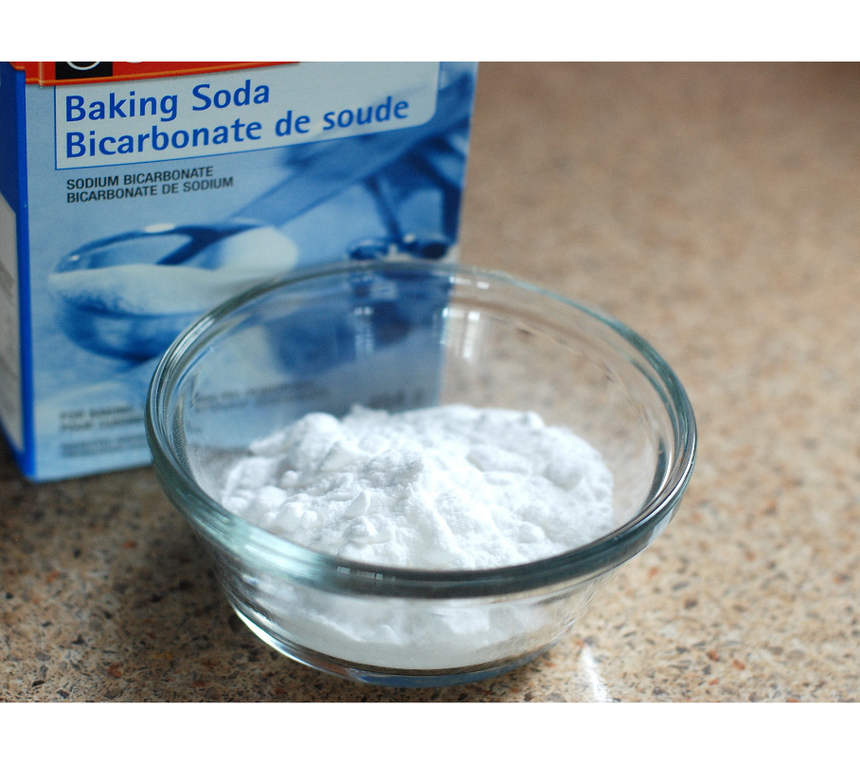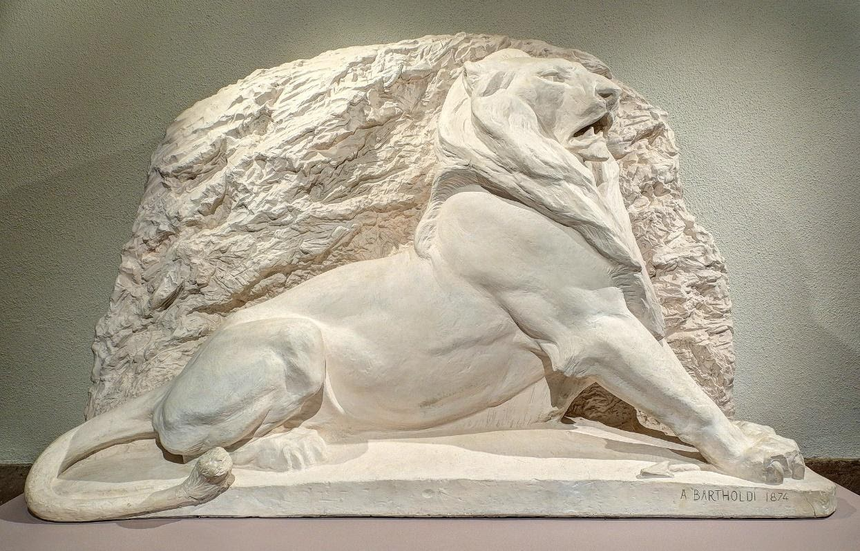Baking Soda Washing Soda Plaster of Paris - Preparation, Formula, Uses, FAQs
Sodium bicarbonate commonly called baking soda is the chemical compound formula NaHCO3. Sodium carbonate break down into sodium cation as well as a bicarbonate anion. Sodium carbonate can be obtained by heating baking soda, and recrystallization of sodium carbonate gives washing soda. It is also called basic salt.
JEE Main 2025: Chemistry Formula | Study Materials | High Scoring Topics | Preparation Guide
JEE Main 2025: Syllabus | Sample Papers | Mock Tests | PYQs | Study Plan 100 Days
NEET 2025: Syllabus | High Scoring Topics | PYQs | Crack NEET in 2 months - Study Plan
- The preparation of Baking Soda:
- Washing Soda: What is washing soda/What is the formula of washing soda/What is the chemical formula of washing soda
- Washing Soda preparation:
- Uses of Washing Soda class 10
- Plaster of Paris
- How to prepare Plaster of Paris:


The preparation of Baking Soda:
Baking soda is synthesized through Solvay’s process. Solvay’s process involves the reaction of Sodium Chloride, ammonia as well as carbon dioxide in water. The carbon dioxide involved is produced through Calcium Carbonate and the calcium oxide left is used in recovering ammonia from ammonium chloride. Finally, sodium bicarbonate is produced as one of the end products.
Uses of Baking Soda
It is used as an ingredient in the manufacturing of antacids
It is used in making soft and fluffy bread and cakes due to the production of carbon dioxide when it is heated or mixed in water.
It is used for making soda-acid fire extinguishers.
Washing Soda: What is washing soda/What is the formula of washing soda/What is the chemical formula of washing soda
The powder in Washing Soda is whitish and odourless. Its chemical Washing Soda formula or washing powder formula is Na2CO3 and it is commonly called sodium carbonate. This substance is hygroscopic, which means that it absorbs moisture from the air. Water forms a strongly Alkaline solution at low concentrations, which is soluble in water. Washing Soda's chemical name is sodium carbonate and the chemical formula of washing soda/chemical formula of Washing Soda is Na2CO3.
Solvay synthesizes Washing Soda through a process that depends on phosphoric acid. Salovey’s process uses sodium chloride, ammonia, and carbon dioxide as catalysts.
Calcium carbonate generates carbon dioxide, and the leftover calcium oxide is used to recover ammonia from ammonium chloride. A sodium bicarbonate solution is first obtained, which is then converted to sodium carbonate by heating. Lastly, Washing Soda is produced by recrystallizing sodium carbonate.
Also read :
Washing Soda preparation:
The first step is to produce sodium bicarbonate, which is then converted to sodium carbonate. Last but not least, Washing Soda is made from sodium carbonate recrystallize.
The Solvay manufacturing process is used to make washing soda. It is manufactured via a reaction between sodium chloride, ammonia, and carbon dioxide in water. In this process, carbon dioxide is formed by manufacturing calcium carbonate and the calcium oxide left after is used to recover ammonia from ammonium chloride.
NaCl + NH3 + CO2 + H2O → NaHCO3 + NH4Cl
2 NaHCO3 → Na2CO3 + H2O + CO2
Na2CO3 + 10H2O → Na2CO3.10H2O
Uses of Washing Soda class 10
A common use of Baking Soda is to remove burnt-on grease from kitchen utensils. Several industries use this product, such as soap, glass, and paper.
This helps to remove the permanent hardness of the water. It is used for manufacturing various sodium compounds, for example, borax.
Related Topics |
Plaster of Paris
This finely powdered chemical compound hardens when exposed to moisture and allowed to dry. It has the chemical formula CaSO4.1/2H2O and is sometimes referred to as Calcium Sulphate hemihydrate.
Plaster of Paris is a fine white powder consisting of a chemical compound that hardens after exposure to moisture in the air. It has the chemical formula CaSO4.1/2H2O and is sometimes referred to as calcium sulphate hemihydrate. In the manufacturing process, gypsum (CaSO4.2H2O) is used to make Plaster of Paris.
Gypsum becomes calcium sulphate (Plaster of Paris) after it is heated to 373 K, destroying its water molecules.
CaSO4.2H2O → CaSO4.1/2H2O + 3/2H2O

Also read :
NCERT notes Class 11 Chemistry | |
NCERT notes Class 12 Chemistry | NCERT Solutions for Class 12 Chemistry |
NCERT Notes For All Subjects | NCERT Solutions for All Subjects |
How to prepare Plaster of Paris:
Gypsum (CaSO4.2H2O) is the basis of the Plaster of Paris. During heating at 373 K, gypsum loses its water molecules and forms calcium sulphate (Plaster of Paris).
CaSO4.2H2O → CaSO4.1/2H2O + 3/2H2O
Uses of Plaster of Paris
During fracture surgeries, doctors use Plaster of Paris to support fractured bones in the right position. It is used to produce toys and decorations. The surface smoothness of surfaces is also improved by it.
Frequently Asked Questions (FAQs)
It is more effective than using distilled water or bleach alone for removing 80 percent of some pesticides from apples when soaked in Baking Soda and water for 12 to 15 minutes.
The acids in Baking Soda assist with the breakdown of certain pesticides so they can be washed away.
An effective, non-abrasive cleaner made with Baking Soda and water can be made at home. You can use it to wipe down the inside of a refrigerator of old food residue. Put Baking Soda on a carpet and let it sit for a while. Vacuum it up and your carpet won't stink anymore.
Sodium bicarbonate.
CaSO4.1/2H2O
Sodium bicarbonate has a wide range of uses, including as a leavening agent in baking, a pH balancer in cooking and cleaning products, a cleaning agent for household surfaces, a deodorizer, and a medical treatment for conditions such as indigestion and acid reflux.
Yes, sodium bicarbonate can be used as a substitute for baking powder in some recipes. To do this, you will need to combine sodium bicarbonate with an acid, such as cream of tartar or lemon juice, and a liquid, such as water or milk. This will create a chemical reaction that releases carbon dioxide gas, causing the dough or batter to rise.
Sodium bicarbonate should be stored in a cool, dry place away from heat and moisture. It is important to keep it in a tightly sealed container to prevent it from absorbing moisture from the air, which can cause it to lose its effectiveness.
Also Read
19 Feb'25 10:44 AM
17 Dec'24 10:24 AM
17 Dec'24 10:21 AM
29 Nov'24 12:13 PM
30 Sep'24 02:31 PM
30 Sep'24 11:46 AM
26 Sep'24 06:10 PM
26 Sep'24 05:53 PM